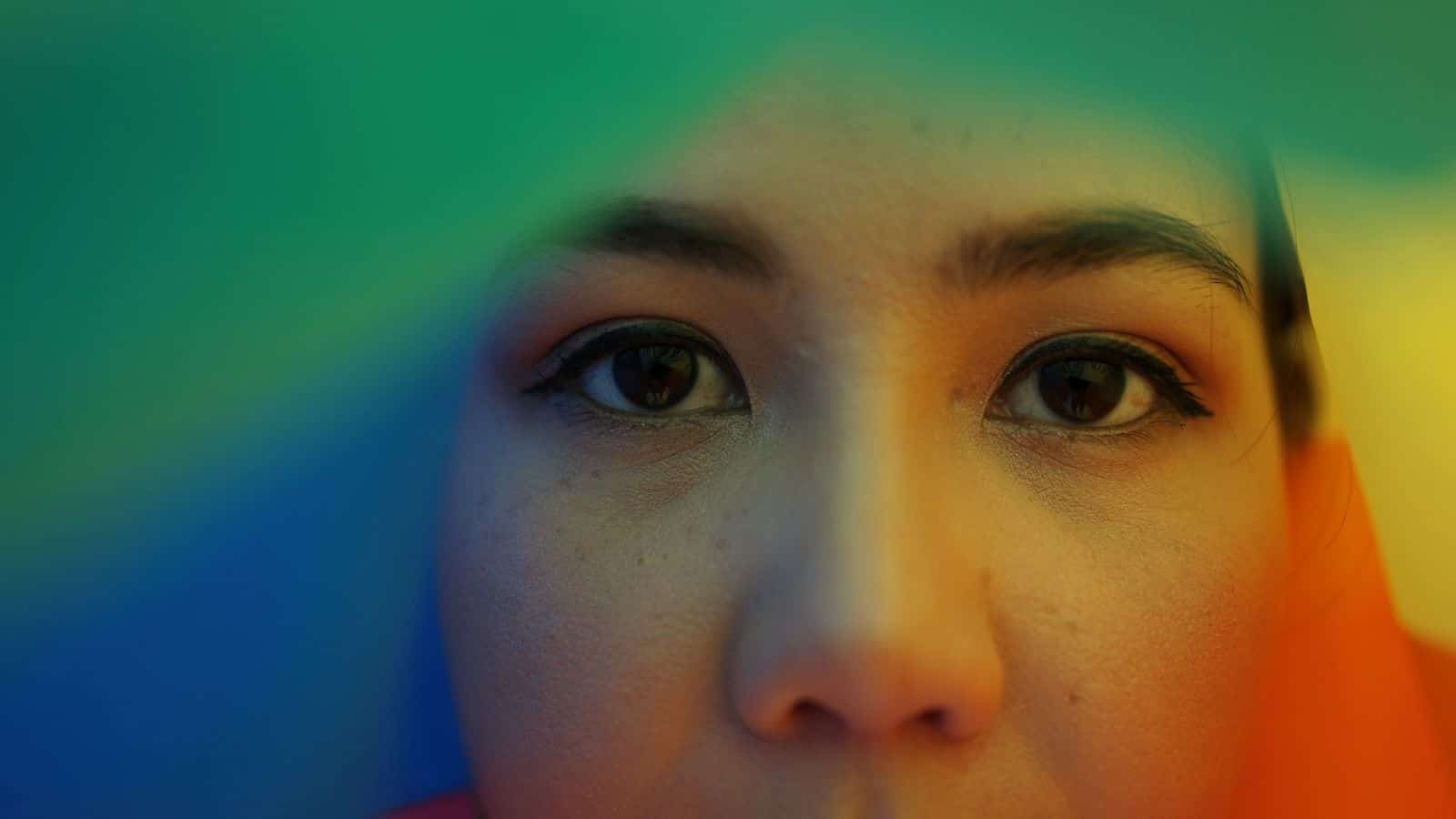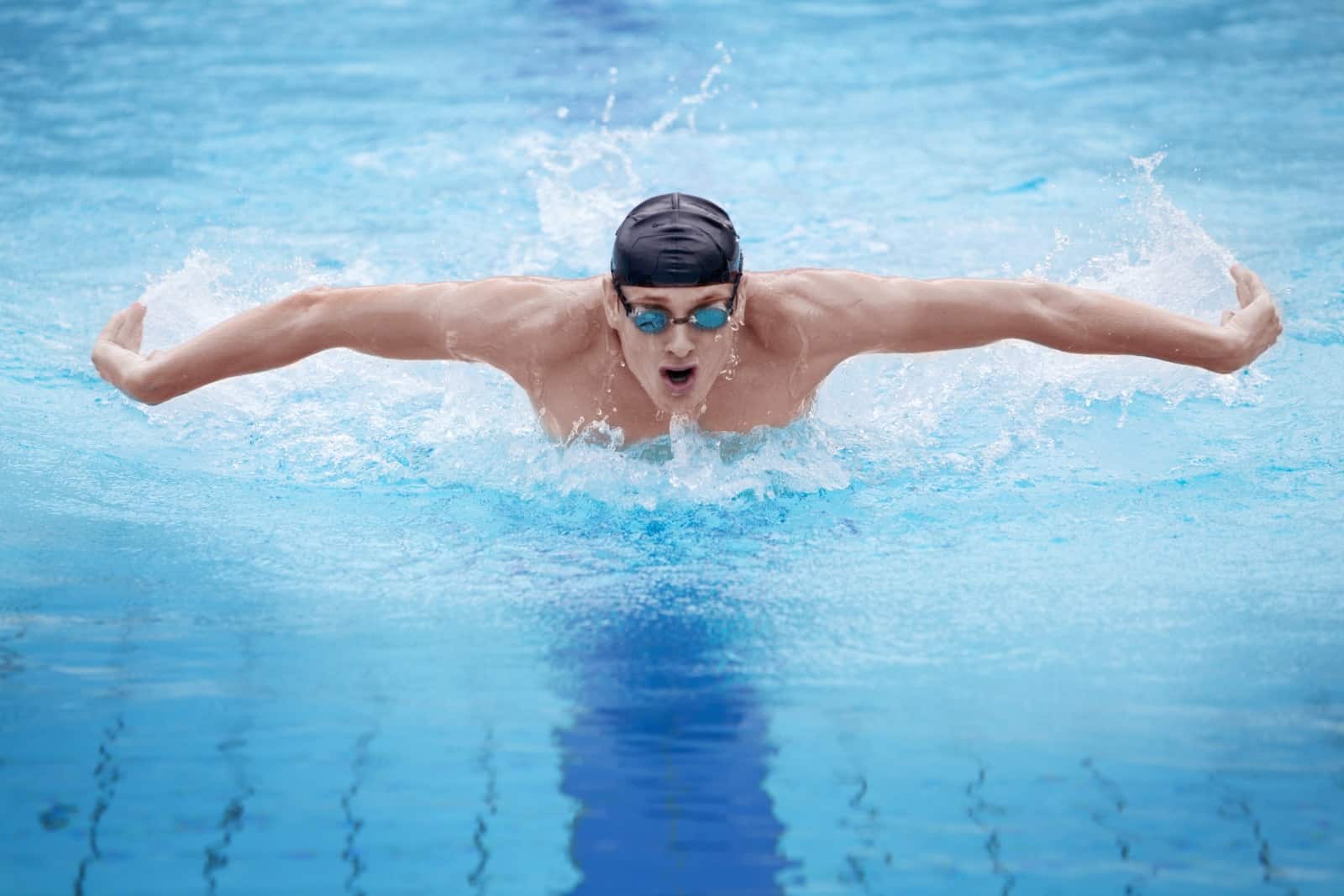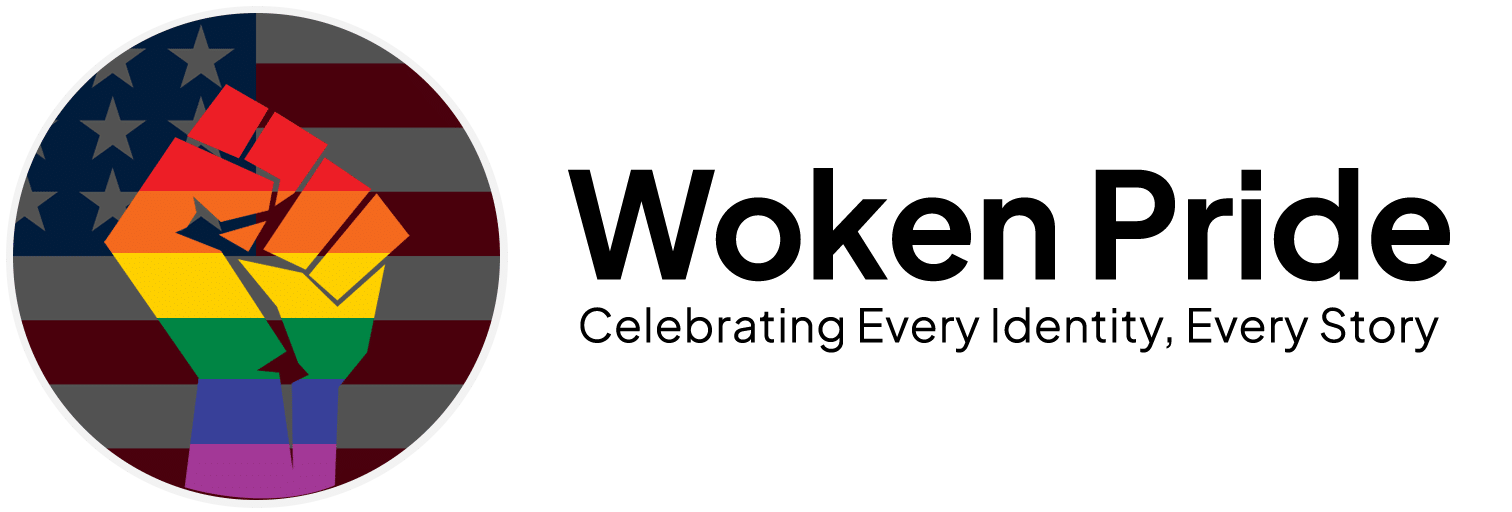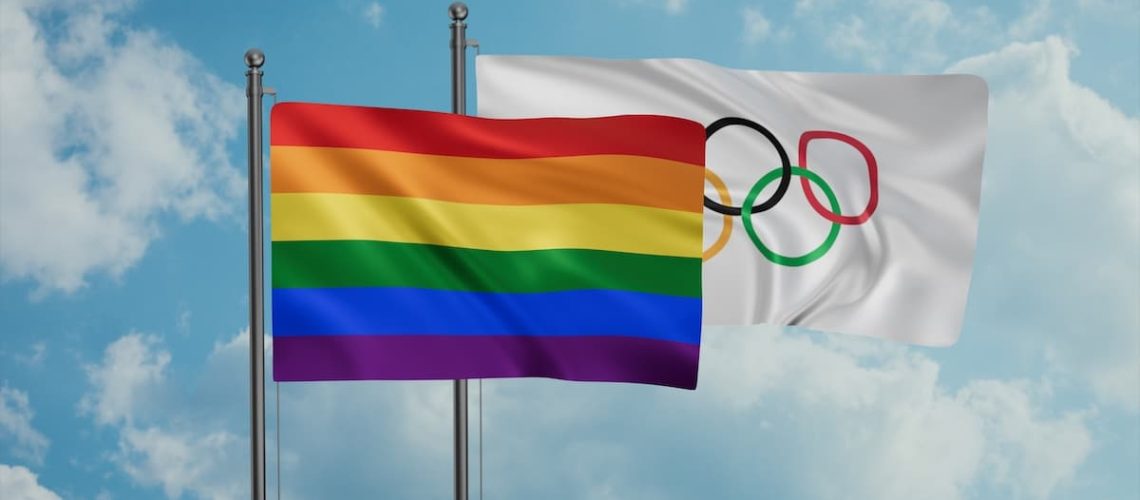The Paris 2024 Olympics has set a historic precedent with a record-breaking 195 openly LGBTQ+ athletes competing, showcasing significant strides in visibility and acceptance within the global sports community.
Breaking Record and Setting an Example
The 195 openly LGBTQ+ This number surpasses the previous record of 186 athletes set at the Tokyo 2021 Olympics, which broke the previous records of Rio 2016.
The growing number of LGBTQ athletes in the Olympics seems to reflect a broader shift toward acceptance and inclusivity within the global sports community.
However, these athletes are not only competing for medals but also serving as role models, challenging stereotypes, and inspiring future generations of LGBTQ athletes to pursue their dreams.
As Olympic skier Gus Kenworthy said, the massive LGBTQ+ presence in the Olympics sends a powerful message that “sport is a safe place for queer identity, and that sport is for everyone.” Kenworthy’s own journey, from hiding his identity during the Sochi Olympics to openly celebrating his love at the Pyeongchang Games, highlights the personal and collective significance of this visibility.
Reflecting on the challenges of competing under Russia’s anti-LGBTQ laws, Kenworthy said, “Sochi took a toll on me psychologically.” Describing the emotional weight of hiding his true identity during that time, Kenworthy went on to say, “I found myself lying in all the interviews right after the medal.”
Billie Jean King on LGBTQ Visibility
Billie Jean King, a legendary tennis player and LGBTQ activist, credits the increase of our athletes to a global shift towards LGBTQ acceptance and the importance of role models in sports.
Discussing the increase of LGBTQ+ athletes, King said, “It is so important for young people to see this progress and identify with athletes who look like them and live like they want to live.”
As of August 7, 27 openly LGBTQ athletes have already won medals at the Paris Olympics, including notable names like Sha’Carri Richardson and Lauren Scruggs.
Emotional Moments of LGBTQ Pride
Throughout the Games, several beautiful moments have celebrated LGBTQ pride, such as Tom Daley’s husband, Dustin Lance Black, and their sons cheering him on as he won a silver medal.
Daley has also spent the Olympics carrying a rainbow towel throughout the Games, symbolizing his pride and the ongoing fight for LGBTQ rights, with the support of his family cheering him on.
LGBTQ visibility extends beyond the athletes to commentators like Laurie Hernandez, whose coverage on NBC has been praised for bringing a queer perspective to the Games.
Vitally Important Coverage
Reflecting the broader commitment the media has to inclusivity in these Olympic games, NBCU executive vice president Craig Robinson emphasized that LGBTQ visibility was “vitally important” when planning their live coverage.
Lucas Keller, an openly gay founder of Milk & Honey, a leading sports agency, said, “It’s great to see the Olympics carrying the torch on this matter.”
Cyd Zeigler, co-founder of Outsports, emphasized the importance of visibility for LGBTQ athletes, especially those from countries where being out is not accepted.
Marginalized and Rejected

Ziegler said, “[Visibility] is particularly important to the LGBTQ+ athletes from the 170 countries with no out athletes,” because “For generations, gay, bi, and trans people have felt marginalized in sports or completely rejected.”

The stories of athletes like Tom Daley, who was unable to compete in Paris due to last-minute eligibility changes, continue to inspire despite being unable to compete as they remain hopeful for future opportunities.
Telfer told Yahoo Entertainment, “The progress we’ve made in terms of queer and trans inclusion in sports has been possible not just because of the courage of individual athletes, but also because of the support from allies.”
Featured Image Credit: Shutterstock / iunewind.
- K. Leightyhttps://wokenpride.com/author/keegan-leighty/
- K. Leightyhttps://wokenpride.com/author/keegan-leighty/
- K. Leightyhttps://wokenpride.com/author/keegan-leighty/
- K. Leightyhttps://wokenpride.com/author/keegan-leighty/

